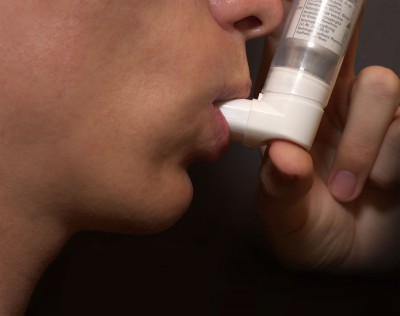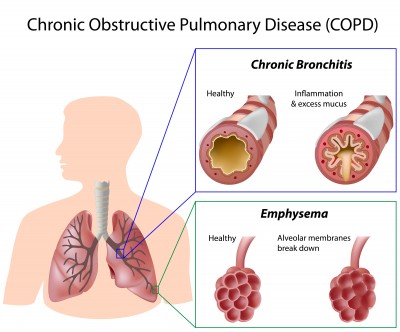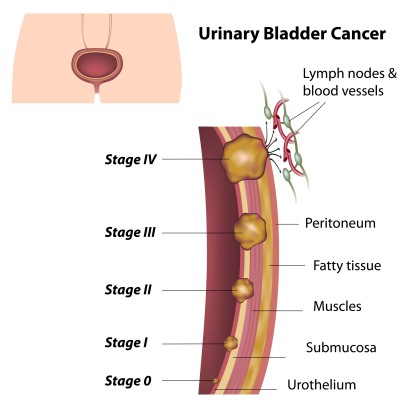Most of us have heard of asthma but what is it really? Asthma is a chronic inflammatory lung disease which causes reoccurring breathing difficulty. The traits of asthma are three airway problems:
- Blockage
- Inflammation
- Hyperresponsiveness
Many people don’t realize they have asthma as symptoms strongly resemble other respiratory problems including bronchitis, emphysema, and lower respiratory infections. Anyone can get asthma but studies show that asthma is more prominent in females.
Symptoms of Asthma
- Chronic cough (particularly at night)
- Tightness in the chest
- Noisy breathing
- Wheezing
Causes of Asthma
The underlying cause of lung irregularity is unknown, yet health care professionals have determined that it is a specific type of inflammation of the airway that can cause:
- Constriction and irritability of airway muscles
- Production of mucus
- Swelling and inflammation in the airways
What Occurs During an Asthma Attack?
- Lungs and airways overreact to certain triggers and become inflamed and clogged.
- Breathing becomes difficult and may hurt
- Coughing
- Wheezing or whistling sound
Asthma Statistics
The latest information from the American Lung Association, the CDC, and the National Institute of Allergy and Infectious Diseases show the following statistics:
- Approximately 24.6 million people in the United States have been diagnosed with asthma.
- More than 3 thousand Americans die each year from asthma
If you have signs of asthma or you are unsure, it’s important to see your doctor. Let the expert physicians of Dominion Internal Medicine help create a treatment plan to manage your asthma and get you back to everyday living. To schedule an appointment, please contact Dominion Internal Medicine at 540.878.5408. If you would like to learn more information about our services please visit www.dominioninternalmedicine.com. Most insurances accepted!
Compassionate Care for a Healthy Heart, Body, and Mind
References: http://ssov3.staywellsolutionsonline.com/Conditions/Asthma/Understanding/85,P09505






